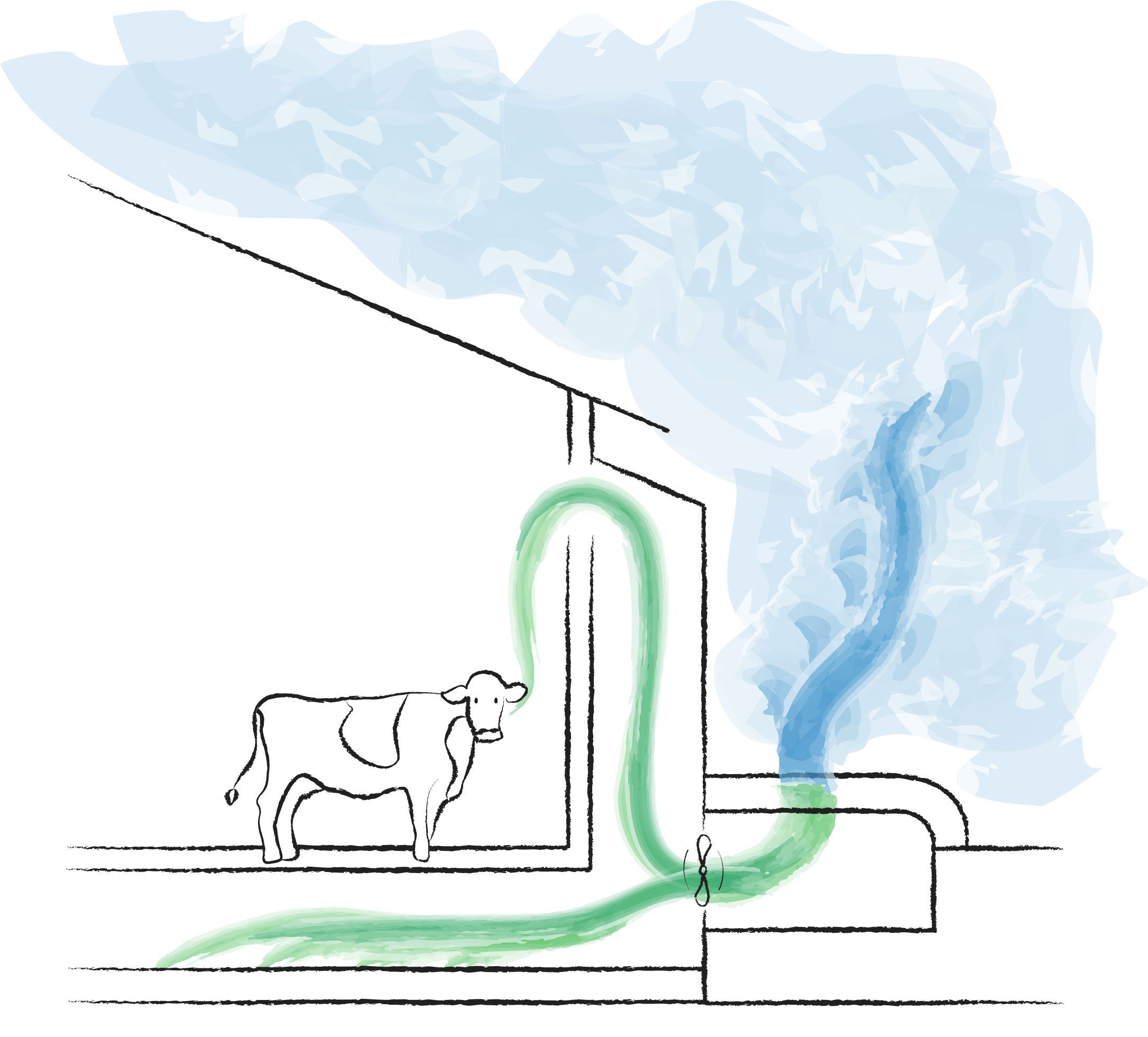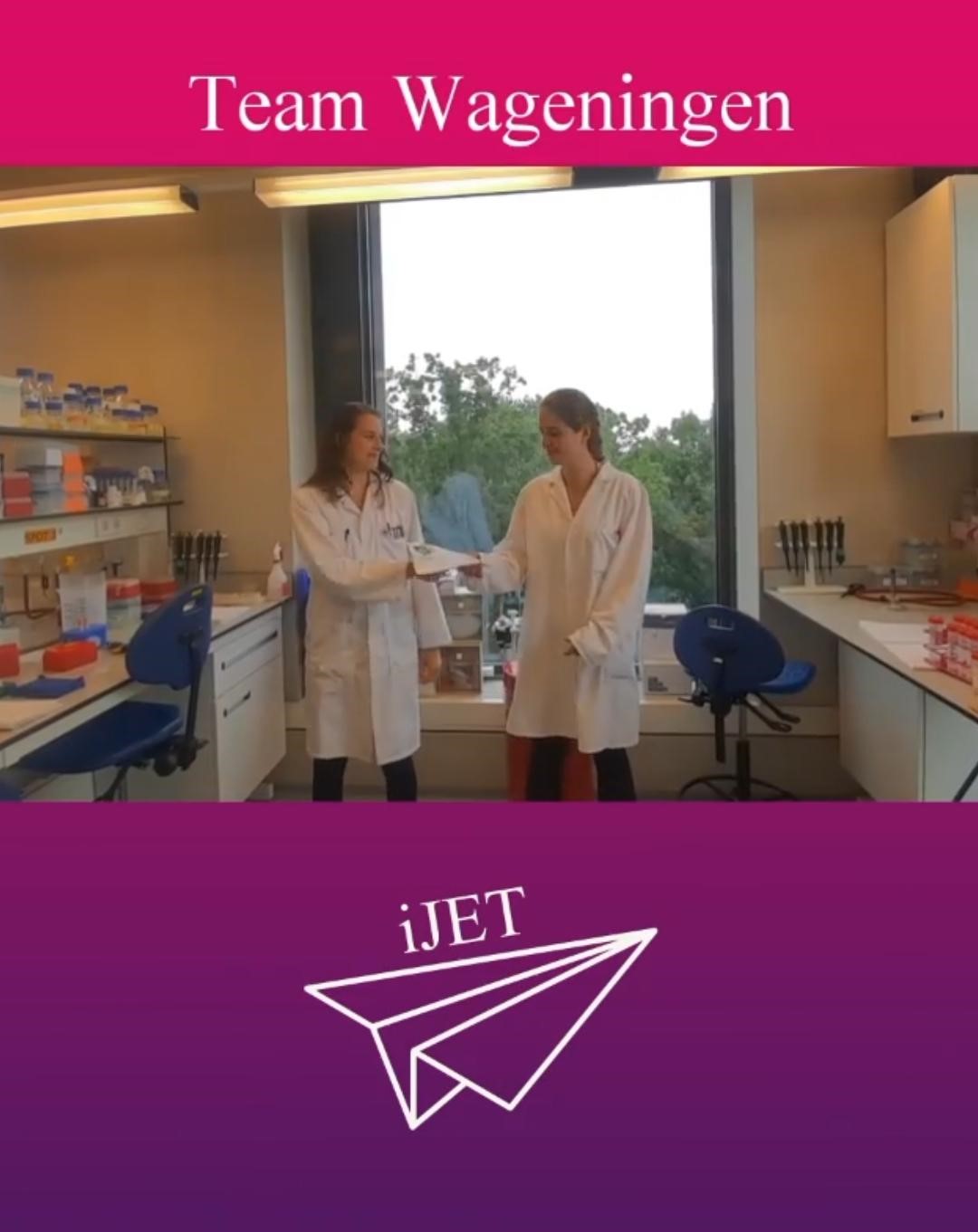Collaborations

Throughout our journey, we engaged with various iGEM teams to help each other improve our projects. With the help of iGEM MSP-Maastricht and iGEM Groningen, we were able to develop our software tool ‘The iGEM PIPE’ further and we collaborated with iGEM TU Eindhoven in multiple ways. Other collaborations included giving presentations in the conferences of other teams, participating in challenges, and filling in surveys. To keep the iGEM spirits up, we also started our own fun challenge: the iGEM Lab Olympics. To support team building, we made five challenges ranging from shooting pipet tips to filling up agarose gels as fast as possible that team members could perform together. Moreover, we organized the Dutch meetup, in which all the Dutch teams came together online to talk about their projects and learn from each other.
TU Eindhoven

On the 2nd of July, we organised the Dutch meetup where we got the chance to talk to all the other Dutch teams, during which we got to know the TU Eindhoven team. After the meetup, we got in contact with them and planned a meeting to discuss how we could help each other to improve both our projects. To start, we visited each other’s campus and laboratories. During these visits we did troubleshooting sessions about both our modeling and wetlab projects which gave very fruitful discussions. For instance, we suggested rescaling of the model Eindhoven made to prevent simulating small numbers and to get better resolutions on their gels, we advised using 0.8% agarose gels instead of 1%.

The lab visits ended with a nice dinner during which we decided to go one step further in our collaboration by also helping each other with education and outreach. They participated in our lab Olympics and we sent them the protocols for experiments that we performed with children during our junior science lab. These experiments were used for their primary school lesson plan. On top of that, we tested the ‘Escape the Cell’ that they were developing for high school students and gave feedback on how they could improve it. All in all we truly enjoyed working together to bring our projects to the next level.
The iGEM PIPE
In developing the iGEM PIPE, other iGEM teams played key roles. As the software is developed for all SynBio enthusiasts, we wanted to make sure iGEM students could be involved in the process of developing it. Therefore we shared the code of the PIPE with two other teams: the iGEM Groningen and the iGEM MSP-Maastricht teams of 2021. We asked them to test the iGEM PIPE to make sure that:
- The interoperability was sufficient,
- The installation was not too complicated for the average python user.
We received valuable feedback from the two teams and implemented it to improve the iGEM PIPE to a more user-friendly software tool.

-
Click here to read more
arrow_downwardThe feedback predominantly focused on bug resolving, but also on more general things. For instance, iGEM MSP-Maastricht suggested to package the python files and make a module, which makes installation and version control easier. They notified us about problems with external modules and their respective licenses. Finally, a tutorial series was created to facilitate the understanding of the iGEM PIPE package, especially for users with a lesser understanding of metabolic modeling. These numbered Jupyter notebooks should, together with the manual, give a clear understanding of the iGEM PIPE and get any user started in using it for their own project. iGEM Groningen pointed out troubles with the Gurobi licenses, so we added additional information to resolve this issue for future users.
We want to thank both these teams for putting in the time to dive into this project and help with the development.
HP collaboration - guide for simulation of stakeholder meeting
The iGEM team of Groningen 2021 (Bye-Monia) suggested to collaborate on a human practices activity. We were enthusiastic about the suggestion and decided to share the draft guide on the simulation of an inter-stakeholder meeting with them. This is a roleplay exercise in which people that are not involved in the project get to impersonate a stakeholder group. The Groningen team tested the guide by organizing a simulation following the suggestions we provided. We then met to exchange our experiences and they gave us handy tips on how we could improve the guide for future iGEM teams.

-
Click here to read more
arrow_downwardWe based our guide on a teaching tool made by Dr. Zoë Robaey and Roel Veraart. Cattlelyst, the WUR iGEM team 2021, suggested to use the simulation for either mapping out the dilemmas surrounding an iGEM project or finding possible solutions to existing concerns.
Putting together the efforts of our two teams, Cattlelyst and Bye-Monia, we managed to provide a guide to support other iGEMers in the organization of such event. The simulation of an inter-stakeholder meeting lies in between the human practices and the human outreach fields:
- The introductory lecture, which sets up the context of the simulation, is a way of educating the audience of the topic that is tackled by the iGEM project (Human outreach).
- The outcome of the simulation can be of help for defining where to focus the human practices efforts (Human practices).
For instance, for the Cattlelyst team, the simulation was useful to identify which dilemmas were more recurring than others. It therefore guided us in engaging with the right stakeholder groups in order to address these issues.
simulation of the Cattlelyst team blogThe Bye-Monia team tested the guide in a later phase of the iGEM project, therefore they knew which dilemmas were associated to their project. This is why they wanted to use the simulation to find possible solutions.
simulation of the Bye-Monia teamAs it is expected from a simulation, part of outcome could already be foreseen. Nonetheless, the added value is found in getting an idea of which solution was the most supported by a general public. If time allowed, the successive step could then have been to address experts in order to work out in more details the solutions that had a broader acceptance.
We are very grateful to the Groningen iGEM team 2021 for testing our guide and sharing their experience and feedback with us. Thanks to them, the time-schedule of the simulation has been improved to make sure to give enough space to the participants for sharing ideas in the large brainstorm. Additionally, examples of the PowerPoint presentation of the lecture and handouts for the roleplay exercise were added to the guide.
inter-stakeholder simulation guide
Documentary iGEM MSP-Maastricht
As iGEM MSP-Maastricht helped us greatly with the development of the iGEM PIPE, we contributed to their documentary about the current division between farmers and the government. We answered several questions about how we are using synthetic biology to tackle the problem of methane and ammonia emissions from cattle and whether we think it is justified to use GMOs and Synbio for solving pressing issues. We filmed the interview and send it to MSP-Maastricht so they could incorporate the footage in their documentary.
Dutch meetup
We brought all Dutch iGEM teams together by organizing the Dutch meetup! On this day, all Dutch teams gathered in an online environment where we presented our projects, listened to lectures from great speakers, and discussed human practices in a workshop. Learn more about this day on the Dutch Meetup page.
 Dutch meetup
Dutch meetup
Conferences
Sustainable development goals conference iGEM TAS_Taipei
We participated in the sustainable development goals (SDGs) conference hosted by iGEM team TAS_Taipei. This conference was part of their iGEM x SDG impact challenge, which they organized to promote tackling of SDGs collectively on a global scale. By collaborating in making and completing SDG-tackling tasks for other teams across different continents, we supported SDG #17: Partnerships for the Goals (Read more about this on the Sustainable development goals page). With the help of iGEM NTU-Singapore we were able to create more awareness about the impact of ammonia and methane from cattle on the planet. In turn, we reached out to iGEM Thessaly to put them in contact with someone that suffers from gastrointestinal disorders so they could interview that person. On the 18th of September, a conference was held in which we discussed the tackling of SDGs among the teams. It was great to see how many projects were helped out by the collaborations formed during this challenge.

Future of Farming webinar iGEM Uppsala

As Cattelyst is a solution for the emissions of the livestock industry, we were invited by iGEM Uppsala to present our project in their Future of Farming Webinar. Together with the other Dutch iGEM teams Maastricht and Groningen, we presented our technological solutions for a more sustainable way of farming. Various other speakers were invited by iGEM Uppsala, which gave very interesting talks about alternative solutions, such as cellular agriculture and edible microorganisms. It was great to hear about other people’s views on sustainable farming.
Lab Olympics
Inspired by the Olympic games that were held this summer, our team decided to organize a sporty competition in which all the iGEM teams could participate. To stay fit and upgrade our skills, we introduced the iGEM Lab Olympics. We made five challenges ranging from shooting pipet tips to filling up agarose gels as fast as possible. We asked every team that wanted to participate to compete with us and film their performances. Curious about the challenges and the team’s Olympic lab skills? Visit the Lab Olympics page!
Other collaborations

Postcard exchange
We participated in the yearly postcard exchange organized by iGEM Duesseldorf, in which teams design a postcard describing their project. These postcard are send by iGEM Duesseldorf to all the joining teams worldwide.
Music playlist
As we have been listening to a lot of music during the summer in the lab, we joined iGEM Unizar in their collaboration about music. They made a Spotify playlist with songs from all over the world to get to know local artist. We added two songs to this list:
- 1. Ik Ga Zwemmen – Mart Hoogkamer (a song in native language)
- 2. 9 To 5 – Dolly Parton (our ironic favorite song)

Abstract art challenge
iGEM Hamburg made an gallery containing art projects describing the problems teams are tackling. To contribute to this challenge, we made a picture in watercolor style showing the emissions originating from a cow stall.
Video for Nantes
We joined the collaboration of iGEM Nantes, in which iGEMers around the world introduce themselves in their native language. All the members of our team made a video in either Dutch or Italian. These videos were brought together by iGEM Nantes with all the other introductions worldwide.

Bielefield
We helped iGEM Bielefield with translating their educational program ‘Ask Nici’ from English to Dutch. This way, Dutch children can learn more about synthetic biology without language barriers standing in the way.
Surveys
We were happy to support other iGEM teams by filling in their surveys. We did this for iGEM IISER Bhopal, iGEM Ionis Paris, IGEM Instanbul, iGEM RUBochum and iGEM Calgary.

Video for Darmstadt
iGEM Darmstadt initiated the collaboration ‘iJet’, in which teams send out paper planes on a journey all around the world. The paper plane also ‘made a stop’ in Wageningen!

